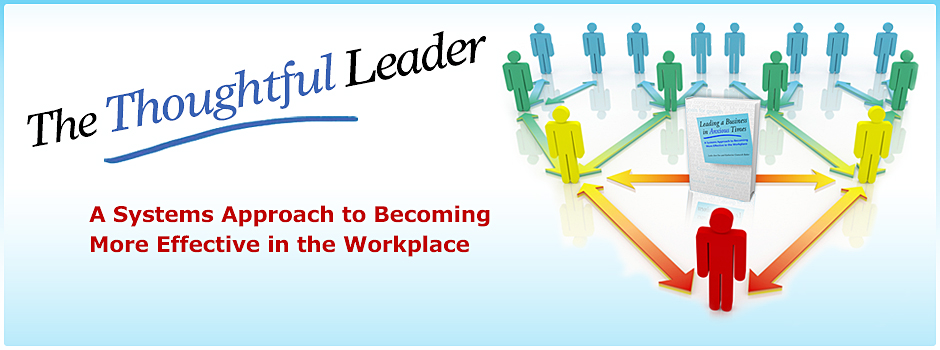I recently presented a paper on a political leader from Burma/Myanmar at a family systems theory conference in Worcester, MA. This topic might seem far-fetched for an audience of family therapists, but I thought they would be interested in the qualities of leadership that transcend culture and are, to some extent, universal throughout the human species. When I heard that President Obama would soon be traveling to Burma/Myanmar, the paper seemed as though it would be even more timely, since people would surely know where Burma is and might even be interested in learning about one of its famous political leaders.
The leader I focused on was Aung San Suu Kyi who was born in Burma in 1945 after her father had led the country to independence following sixty years of rule by the British Empire. While her father was working to establish a viable democracy in Burma, he was assassinated by ethnic radicals in 1947 and, after a brief experiment with democracy, the country was taken over by a military dictatorship that maintained power for fifty years.
Aung San Suu Kyi was the oldest girl and third of four siblings, two of whom died during childhood. She was raised by her widowed mother first in Burma and then in India, where her mother served as ambassador from 1959 to 1967. So Aung San Suu Kyi was educated in India and later went to Oxford for university training. She married an Englishman in 1972; they had two sons and lived a comfortable, academic life in Oxford. In the summer of 1988, Aung San Suu Kyi received a call from Burma telling her that her mother had suffered a severe stroke, so she packed her bags and flew there to care for her mother during the final months of her life.
While she was in Burma caring for her mother, a student strike erupted, and revolution against the military dictatorship broke out. Aung San Suu Kyi was persuaded by the dissidents to become a leader of the resistance because she was her father’s daughter, and her only surviving brother had emigrated to the United States, refusing to become involved in the crisis enveloping Burma. Aung San Suu Kyi stepped up, spoke eloquently on behalf of the movement for democracy, and traveled around the country promoting the idea of a multiparty system, as well as non-violent resistance to the military regime. Ultimately the dictatorship brutally suppressed the uprising, renamed the country Myanmar (in 1989), and Aung San Suu Kyi was placed under house arrest, where she remained for 15 of the next 20 years.
While under house arrest she led a disciplined, orderly life, reading extensively, writing essays, practicing the piano, and connecting through the wider society of Burma/Myanmar through meditation. Her husband and sons were not allowed to visit her, and her husband died of cancer in 1999. She received the Sakharov Prize for Freedom of Thought in 1990 and the Nobel Peace Prize in 1991. When she was released from house arrest in 2010, she was welcomed back into the leadership of Burma by millions of her countrymen. The military dictatorship had softened, elections were held, and Aung San Suu Kyi was elected to parliament. Since then she has traveled widely, received the Congressional Medal of Honor while in the U.S. in 2012, and reunited with her adult sons.
What are the factors that made it possible for a person like Aung San Suu Kyi to function so solidly and consistently while under extreme duress? Much of her personal strength comes from her family: the legacy of her charismatic father, the founder of modern Burma, and her mother who raised her to be a disciplined, orderly, and well educated woman. In addition, her deep personal connection with the country of Burma/Myanmar sustained her during her years of isolation. Although she had not been raised as a religious person, she began to meditate daily while under house arrest, as a way to connect with the Burmese Buddhist spiritual tradition. I believe that Aung San Suu Kyi is high on the scale of differentiation of self, as her functioning remained balanced and stable throughout her years in public life even when she lived under extreme stress. She consistently articulated her values and beliefs in the public arena, and strove to live by them even when cut off physically from her family members. She was committed to non-violence while leading resistance to the military regime in Burma. She reported low levels of anxiety and reactivity that might have impaired her ability to keep herself on course.
The leadership challenges faced by Aung San Suu Kyi are far beyond those that most of us face in our families, work, and community lives. However, we can learn from studying people whose functioning rises to the highest levels, especially when under stress, and identify the universal strengths that all humans can draw upon to some extent.
– Katharine Gratwick Baker, PhD
November 20, 2012
Book's Home Page
Leadership Blogs
Subscribe to our Blog
Categories
© Copyright 2013 - The Thoughtful Leader

Very interesting to reflect on what high differentiation looks like…Not so much the leadership achievements in the public domain but the ability to maintain functioning in dialy life when facing challenge. -in Aung San Suu Kyi’s case- extraordinary sustained challenge.
thanks Katherine for this interesting piece.